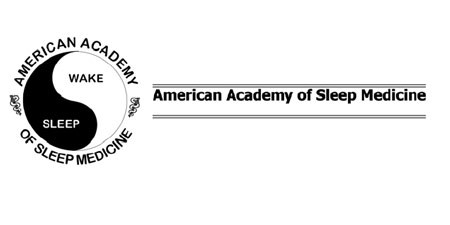Alcohol is supposed to be extremely harmful to the body. One could suffer from many diseases due to excessive alcohol consumption. Now a study claims that people who abstain from alcohol have poor quality sleep. It alleges that long-term alcoholism may influence sleep even after extended duration of abstinence, and the pattern of this effect is akin in both the genders.
The outcome of the study signifies that in long-term alcoholics who had not consumed a drink for around 719 days, the percentage of sleep was considerably lower, i.e. 6.6% in men and 11.1 % in women as compared to the controls i.e. 12% in men and 12.1% in women. Alcoholics apparently also had stage 1 non-rapid eye movement sleep i.e. 8.5% in men and 6.3% in women as compared to controls i.e. 6.2% in men and 5.6% in women. It is said that having less deep sleep and more light, stage 1 sleep apparently indicates poor sleep quality which may perform as an aggressive factor in alcoholic’s cognitive decline.
Even though women had better sleep efficiency and lesser wake periods as compared to men, no important connections between sex and alcoholism diagnosis were discovered. This proposes that women demonstrate similar pattern of alcoholism-related sleep changes as men.
Principal investigator Ian Colrain, PhD, director of the SRI International Human Sleep Research Program and a professional fellow in psychology at the University of Melbourne in Australia, also was astonished to discover that a considerable raise in the percentage of REM sleep apparently continued in alcoholics who had refrained from drinking for a long duration.
Colrain commented, “Previously the REM changes in the acute detox period were assumed to be related to a rebound of the REM suppression effects of alcohol. The persistence indicates that there is some possibly permanent structural/functional change in REM regulation mechanisms produced by long-term alcohol abuse.â€
Around 42 alcoholics were involved in the study. Their mean age was 49 years and out of them 27 were men. They were enlisted from an inpatient treatment program. There were about 42 controls. Their mean age was about 51 years and out of them around 19 were men. The approximate lifetime alcohol consumption was considerably higher in male alcoholics i.e. about 1,607.2 kg as compared to female alcoholics i.e. 843.7 kg.
Apparently every subject was examined for medical, psychiatric and sleep problems, and their sleep was gauged by a full night of polysomnography following an adaptation night. Data was gathered from several scalp sites and subjected to power spectral analysis. Sleep architecture and electroencephalogram (EEG) spectral power measures were apparently assessed for the effects of alcoholism diagnosis and sex by means of age as a co-variate.
The outcome also demonstrated that supposed sleep as gauged by the Pittsburgh Sleep Quality Index (PSQI) was apparently drastically worse in alcoholics as opposed to controls. Approximate lifetime alcohol consumption appeared to be notably linked to the scores on the PSQI in men and women, with higher lifetime consumption envisaging less sleep satisfaction. Spectral analysis exposed that alcoholics supposedly had considerably decreased levels of slow wave activity during NREM sleep but not during REM sleep, illustrating that the drop in slow wave activity in alcoholism is apparently sleep-state specific.
Several facets of psychological functioning may be affected by damage to the frontal cortex, as well as those that may relate to judgment and risk taking.
Colrain mentioned that there could be an extensive body of literature describing the functional associates of the structural damage apparently generated by long-term alcohol abuse.
This study was published in the journal SLEEP.

